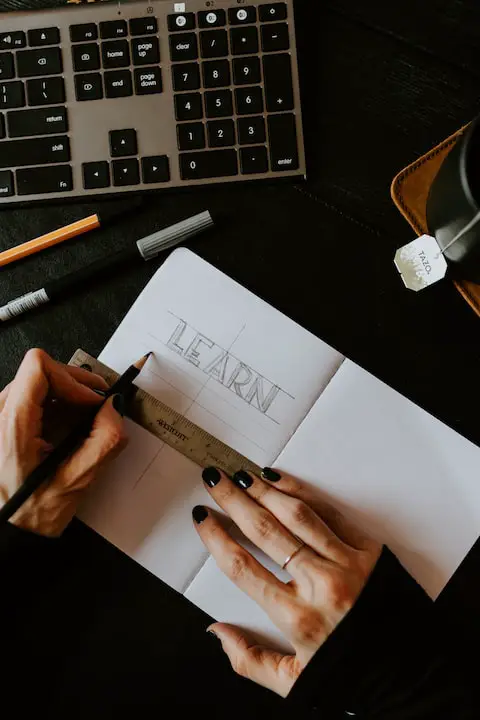If we want to achieve all those lofty and ambitious goals that we set for ourselves, we must acquire the skills by practicing and learn everything quickly. But some people continue to study and think in the same way throughout their lives, but they do not change their ways and do not improve. Fortunately, cognitive science has done a lot of research on how humans learn, and their results are surprising and valuable.
It becomes easier to learn different skills individually
If you want to learn guitar, think about doing only some parts at once. Instead, set smaller goals first. Take a few simple strings, learn how to make an instrument, and combine lines. Over time, the more minor skills add up to the full ability to play the guitar. The same technique is used in learning mechanics and other point-based lessons. It is also the best way to learn programming languages.
Do not multitask, especially in retaining new information
Many people know that multitasking is a myth. Your brain cannot give equal attention to two tasks simultaneously. But only some people apply this knowledge while learning.
In addition to dividing your work into several steps, be sure to focus all your energy and attention on each step. When you are distracted, it takes about 25 minutes to regain focus on your work. Over time, multitasking causes us to gain an incomplete understanding of different skills or concepts without mastering them.
Writing down what you have learned makes them stick in your mind
You must write down what you have learned to turn information into knowledge. A 2014 study found that students who took notes with pen and paper learned better than those who typed on a laptop. The group that used pen and paper was more skilled at memorizing points, organizing complex concepts, and putting information together. Researchers say that putting pen to paper creates a stronger cognitive connection with concepts and ideas.
Don’t get discouraged by mistakes and check them
Perfection is exaggerated. The main point of learning is to try, fail and find out where we went wrong. Our brain has more or less room for the mistakes we make. In the future, we can recall those memories to do better. If parents tell their children never to make mistakes or blame them when they do, they miss out on a valuable treasure of knowledge.
Optimism leads to success
Stressing ourselves causes the mind to be disturbed, involves the brain severely, gives us a sense of anxiety, and makes us doubt ourselves. Both of these are detrimental to learning. Decades of psychological research show that if we approach our goals with an open mind and see room for improvement, we can be successful at anything.
Exciting topics are more memorable than boring topics
Children are usually attracted to strange and irrational things, but when the parrot-like learning experience forces them to think about cold and hard facts and facts, the sense of fun and fascination is lost. But parents should not let this happen. Children should understand why they remember grandma’s house with its strange smell as soon as possible. The reason is that grandma’s house is a unique experience.
Speed reading can compress learning time
If you read fast, you can learn more quickly. Speed reading requires a lot of effort, but programs like Spreeder gradually increase your reading speed so that you can manage it. If you train your brain to process words faster, you’ll get used to reading the entire chain of words, and you won’t have to imagine each word on its own.
Practice, practice, practice

In 2004, researchers found in a study that dexterity and throwing and catching several balls increase the brain’s gray matter. When people stopped throwing the ball at the same time, the gray matter also disappeared. Of course, this verb was nothing special and strange except repetition. Neuroscientists call this process pruning, which refers to the pathways that are etched and shaped by doing the same thing repeatedly until it stays in place forever.
Use what you know to learn what you don’t know
If children come across topics they don’t understand, parents can help them understand how it relates to what they’ve learned. A student may like soccer but need help with differentials. If he can see the similarities between a spiral pass and the slope of a curve, he can better understand an abstract concept.
It is always good to search the internet
Students must learn how to deal with complex problems. But evidence shows that spending too much time on an issue can have a worse outcome. In 2008, researchers found that unresolved fleeting moments can gradually lead people astray. In such situations, their memory of a concept or point is replaced by their memory of a moment when they could not solve a small problem.
Teaching others will help you too
When you express what you’ve learned in your own words, you demonstrate your mastery of a concept and refine your understanding of it. When we break information down into small chunks so that the other person can easily digest them, we can better understand and master the subject.








